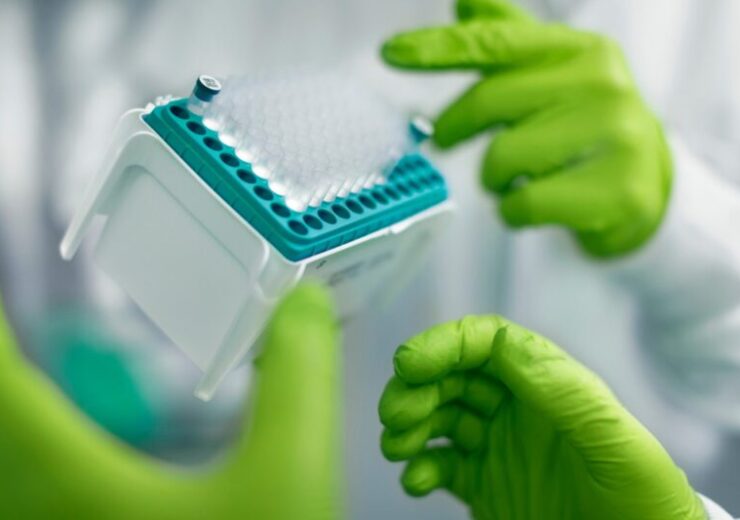The company anticipates investing nearly €40m in the new plasmid DNA manufacturing facility

BioNTech has completed the construction of its plasmid DNA manufacturing facility in Germany. (Credit: BioNTech SE.)
German biotechnology company BioNTech has completed the construction of its first proprietary plasmid DNA manufacturing facility in Marburg, Germany.
The new facility will help BioNTech to produce plasmid DNA for clinical product candidates and commercial products in cancer and infectious diseases.
BioNTech anticipates investing nearly €40m in the new manufacturing facility.
The company intends to meet the majority of its own existing regular demand for DNA plasmids once the new production facility is operational, which is subject to regulatory approvals.
According to the biotechnology company, the plasmid DNA manufacturing facility will strengthen its autonomy in producing starting materials for its oncology and COVID-19 vaccine pipelines. Besides, the new plant will increase its independence for pandemic preparedness owing to local production.
BioNTech said that it will continue to cope with temporary demand peaks through partnered suppliers.
The company anticipates that the new manufacturing facility will enable quicker production cycles and reduced delivery periods for plasmid DNA for various clinical product candidates.
BioNTech CEO and co-founder Ugur Sahin said: “Since we acquired our manufacturing site in Marburg in the fall of 2020, we have continuously invested in the site to expand our manufacturing capacities and capabilities.
“Plasmid manufacturing is an exciting and important part of mRNA manufacturing that we expect to be able to cover in-house soon.
“We plan to manufacture mRNA-based products for a broad range of clinical trial candidates at our Marburg site while we are preparing production measures for the commercial manufacturing of personalized oncology therapeutics.”
The German biotechnology company said that the new facility has two plants covering both clinical and commercial plasmid DNA manufacturing.
The clinical-scale plant is in production since August last year and the commercial plant is expected to be operational by the end of 2023, subject to regulatory approval.
